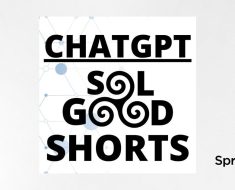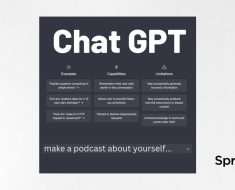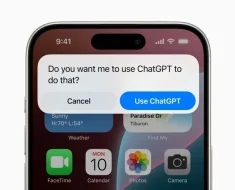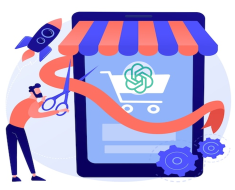
Images created with DALL-E 3 on ChatGPT and the OpenAI API will now have watermarks.
On Tuesday, the company shared the announcement in a post on X, saying images “now include metadata using C2PA specifications.”
C2PA, which stands for Coalition for Content Provenance and Authenticity, is a technical standard used by Adobe, Microsoft, BBC, and other companies and publishers to address the prevalence of deepfakes and misinformation “by certifying the source and history (or provenance) of media content,” as explained on the C2PA site.
Images generated on ChatGPT and the OpenAI API will contain metadata including the source of the AI tool and the date it was generated. Metadata can be viewed by uploading the image to sites like Content Credentials. C2PA metadata adds a small increase in file size, but OpenAI says it will not affect the quality of the image.
With AI image generating tools like DALL-E 3, Midjourney, Bard, and Copilot, it’s easier than ever to create deepfakes, proliferate misleading information, and publish images that infringe on copyrighted works. Recently, pornographic deepfakes of Taylor Swift went viral, underscoring the need for verifying images and sufficient guardrails to prevent such harms — especially involving public figures. An executive order from President Biden announced in Oct. 2023 specifically mandated the enforcement of labeling AI-generated content as such. Guidance for watermarking content is being carried out by the Department of Commerce, which has also been tasked with requiring makers of AI foundations models to inform the government about their development.
Although watermarking images is a step in the right direction towards verifying AI-generated images, it isn’t foolproof since metadata can be easily removed. “For example, most social media platforms today remove metadata from uploaded images, and actions like taking a screenshot can also remove it,” said the OpenAI policy page detailing the C2PA standard. “Therefore, an image lacking this metadata may or may not have been generated with ChatGPT or our API.”
The OpenAI policy page also specifies that C2PA embedded watermarks are only applied to image generation, not voice or text generation created through ChatGPT or the OpenAI API.





